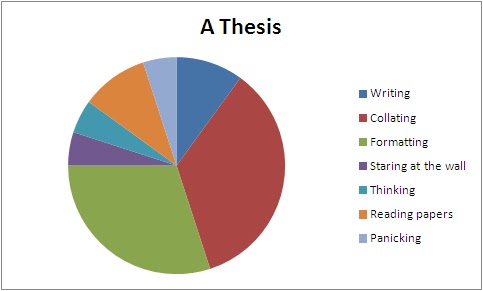Are doctoral candidates switched on to the impact of social media?
Early in 2015 I conducted a bit of research about social media use at my institution (the University of Aberdeen). It was presented at the UK Council for Graduate Education, 2nd International Conference on Developments in Doctoral Education & Training Conference in 2015. I wrote up the findings and they were recently published in the proceedings. There are interesting papers covering all different areas of graduate training. The abstract for my paper is below and you can download the proceedings (my paper is on page 93). by Jhaymesisviphotography Are doctoral candidates switched on to the impact of social media? Dr Heather Doran* and Dr Kenneth D. Skeldon *Corresponding author, University of Aberdeen, King’s College, Regent Walk, Old Aberdeen, AB24 3FX Abstract It might be assumed that today’s doctoral students are aware of and active in the use of social media tools in the course of their work. Here we question whether doctoral ...




